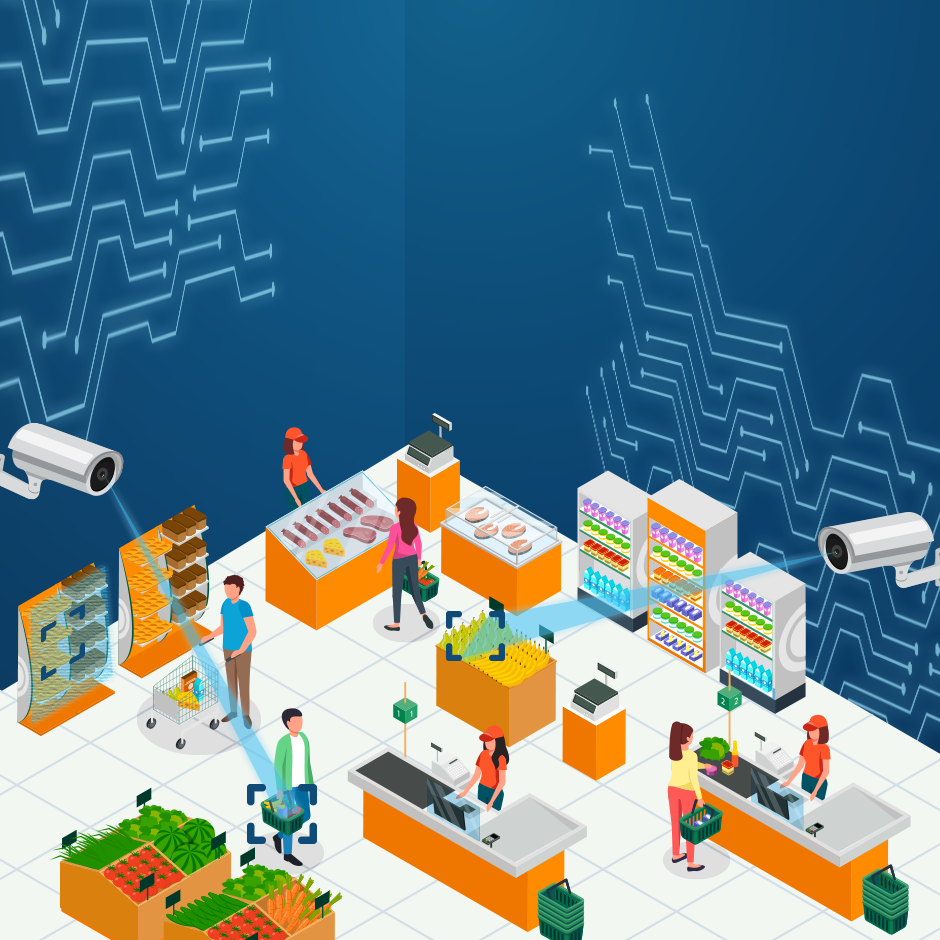
Artificial intelligence has taken hold of many industries and replaced conventional forecasting methods. Presently, retail and manufacturing have significantly gained from AI usage. By 2025, the global AI-based services market will reach an astounding $130 billion, and machine learning will be the primary driving force.
Loss Prevention in Manufacturing
For those in manufacturing, artificial intelligence is not simply recommended for Industry 4.0; it’s necessary. Many manufacturers have already adopted AI into their regular operations; currently, quality control is the most popular area of use for these technologies.
Manufacturing companies can avoid yield loss by using AI-powered solutions, which IBM’s research shows can improve yields by up to 30%. Yield losses are defective products that must be disposed of or reworked. By reducing yield loss, manufacturers can ensure that more products meet quality standards.
An AI-powered engine can examine common defects and even diagnose manufacturing failure patterns, identifying vulnerable aspects of production and failures early on. Smart sensors and cameras gather images and data essential for quality inspection and provide complete line visibility throughout production. By leveraging artificial intelligence remanufacturing, you can raise defect detection rates by as much as 90% compared to human inspection rates.
In manufacturing, AI-powered in-line quality control helps companies better understand their processes and significantly reduce production losses caused by problems such as unwanted side products, contaminants, and raw material variances.
By leveraging AI in production, manufacturers can prevent future process inefficiencies. AI detects and stops faulty parts of the in-line quality process, preventing further loss. It also leverages historical data for predictive detection. An excellent AI solution can compile all the disconnected data from a production line and use it to construct a model of the entire production process – from start to finish.
In other words, instead of merely analyzing data sets, the algorithms will decipher how a particular process works. They can identify errors that often result in poor yield, quality, or throughput. In addition, they can automatically generate recommendations and alerts to notify production teams and process engineers of an oncoming problem, as well as effortlessly share crucial information regarding how to prevent losses before they have a chance to happen.

Loss Prevention in Retail
Many retail scenarios can be challenging to confront, such as someone taking a product without paying for it or merchandise being given out without being charged. Today, retailers are focusing on reducing retail shrink to increase profits and cut losses. Using AI and machine learning, retailers can transform their loss prevention efforts.
Shrinkage is a multi-billion-dollar retail industry challenge that must be addressed. National Retail Federation reports that fraud, employee theft, shoplifting, or other errors caused almost $100 billion in inventory losses in the United States in 2021. Retail businesses have introduced various measures and techniques to tackle these challenges, including video cameras, electronic article surveillance, and reporting systems.
Yet, they’re still susceptible to shrinkage because most of these techniques are reactive and inefficient. Organizations are seeking to use available data more effectively by developing reporting, analysis, and prediction systems that accurately predict shrinkage. To combat the constantly-growing issue of retail shrink, retailers are turning to new technologies as part of their loss prevention strategies. One strategy is using artificial intelligence (AI) and computer vision to lower theft rates and improve inventory management.
There’s been a significant shift in how loss prevention is seen and addressed – from reactive to proactive methods of anticipating and preventing shrinkage. It begins with collecting data from critical sources such as security systems, video, POSs, store operations applications, payment data, store profile information, employee data, supply chain data, customer data, etc. The data is a crucial source of information that may be used to leverage machine learning, pattern recognition, computer vision, image processing & recognition, and deep learning.
By utilizing AI and machine learning, retailers can proactively take steps to prevent inventory loss, theft, pilferage, discount abuse, and return fraud. This helps them move from simply identifying a case to preventing it from happening in the first place.
Food loss is one of retail’s most commonly reported types of shrinkage. It occurs when food is wasted or spoiled before it can be sold. One example of how AI is being used to tackle this problem is through predictive analytics, which can help identify patterns in customer behavior and detect when products are likely to go to waste. This allows retailers to take steps to prevent food loss, such as by reducing the amount of a particular product they order or not stocking it.
Cognitiwe’s Loss Prevention for Manufacturing and Retail
Overall, AI-powered loss prevention solutions are helping retailers to move from a reactive to a proactive approach to shrinkage. By using predictive analytics and computer vision, manufacturers and retailers can detect potential losses before they happen and take steps to prevent them.
Cognitiwe In-Line Quality is a computer vision solution that constantly monitors and scores data in real time; it is an essential tool for detecting and preventing faults in the production process. Manufacturers can leverage Cognitiwe In-Line Quality solutions to produce precise analyses of process anomalies, manufacturing line breakdowns, and other abnormalities.
Cognitiwe Smart Retail is a computer vision platform that converts your photos and videos into data, using cutting-edge technologies to spot cases that might indicate fraud or shrinkage. Using regular IP cameras, it keeps track of the freshness of fruits and vegetables and accurately computes the amounts of items in displays and stock boxes. The AI platform is regularly trained and updated to ensure that it continuously and correctly prevents energy, resources, and financial loss.
Contact us today to see how Cognitiwe can help your company in all its loss prevention initiatives.
